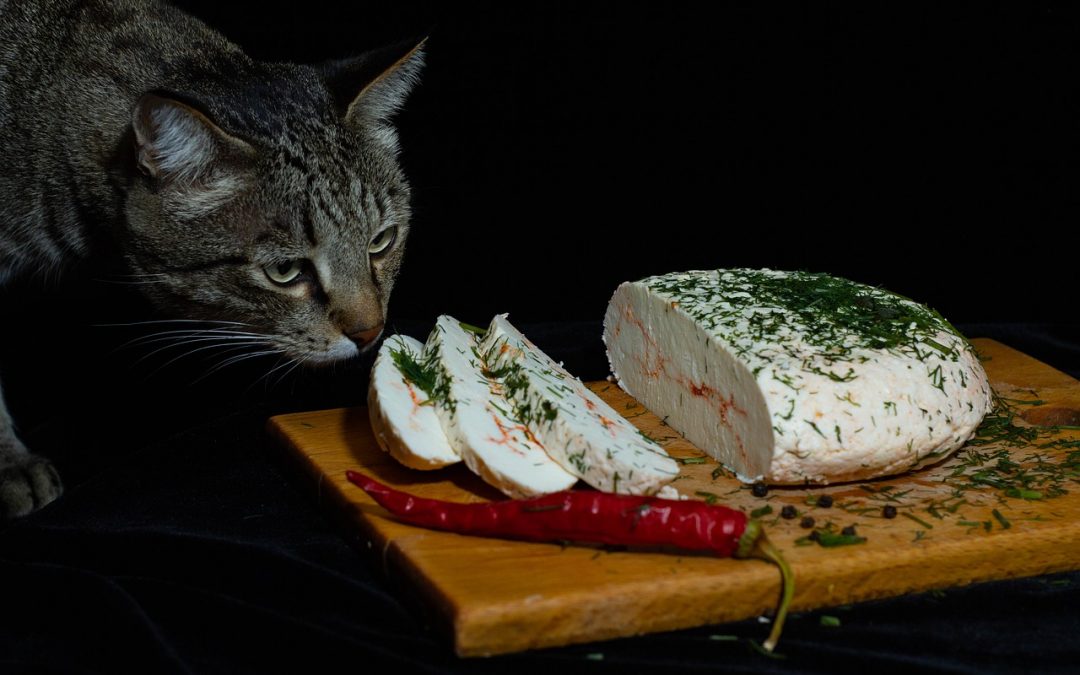This list contains foods to avoid feeding to your pet. If you think your pet has ingested one or more of these products, note down the quantity they ingested and notify your veterinarian or call the ASPCA, Animal Poison Control Centre at 1 (888) 426-4435. Please be advised that this is an American organism therefore, they only speak English. This is a paid service using USD$. It is important to take note of the case number they will give you so that the emergency centre can access the information given to you.
- CHOCOLAT, COFFEE, CAFFEINE: These ingredients contain methylxatine, which can cause vomiting, diarrhea, panting, increased thirst, increased urine production and hyperactivity. In severe cases, there can be cardiac rhythm abnormalities, shaking, seizures and death. Dark chocolate contains more methylxatine than milk chocolate and is therefore more toxic.
- ALCOHOL: Alcoholic beverages or other products containing alcohol such as windshield washer can induce vomiting, diarrhea, loss of coordination, difficulty breathing, shaking, coma and eventual death.
- AVOCADO: The pit of the avocado is toxic to animals. The flesh of the fruit is also discouraged as it is very fatty and difficult to digest.
- MACADAMIA NUTS: These nuts are common in an assorted number of cookies and deserts. In dogs they can cause weakness, depression, vomiting, and shaking. These symptoms can appear 12 hours after ingestion.

- GRAPES: Grapes and raisins can cause renal insufficiency. Raisins are more toxic than grapes are. Vomiting, diarrhea, appetite loss, lethargy, and abdominal pain can be experienced 12-24 hours after ingestion.
- YEAST: Yeast can rise and cause an accumulation of gas in the stomach. Not only is this painful but it can cause gastric lesions which can be dangerous and even lethal. The fresher yeast in the product, the more elevated the risk. Cooked bread, however, is safe to give in moderation.
- RAW MEAT AND EGGS, BONES: Raw meat and eggs can contain harmful bacteria such as, Salmonella and E.Coli. Eggs also contain an enzyme which reduces the absorption of biotine (a type of vitamin B), which can cause skin problems. Bones can cause serious intestinal damage if they get stuck in the digestive system or irritate the stomach and/or intestine. In cats, a increased amount of vitamin A can be caused by ingesting too much liver. This increase of vitamin A can affect the bones and cause osteoporosis (bones become weak and brittle). Too much cod liver oil can cause the same ailments. It is also preferable to avoid charcuterie meats and raw fish.
- XYLITOL : Xylitol is a sweetener used in several products like gum, lollipops, toothpaste and other prepared products. Xylitol can cause hypoglycaemia (low blood sugar) and liver issues. The first visible signs are vomiting, lethargy and loss of coordination. The animal may even experience seizures.
- ONION, GARLIC, CHIVES: These vegetables and herbs can irritate the gastro-intestinal system and damage red blood cells. When ingested the animal can experience, weakness, pale gums and brown urine. In rare instances there can be hypersalivation and vomiting.
- DAIRY: Since adult animals no longer produce lactate (the enzyme responsible for breaking down lactose in milk and other dairy), dairy products can cause diarrhea and other digestive troubles. This goes for all milk products including cow or goat milk.
- SALT: The ingestion of a large quantity of salt can cause excessive drinking and urination or even sodium intoxication. The symptoms that can be noticed are vomiting, diarrhea, depression, trembling, convulsions and even death.
- AVOID TABLE LEFTOVERS: You should avoid giving your pet table scraps as this can encourage undesirable behaviours, weight gain, and digestive troubles. Fried foods or foods high in fat can be too rich and will cause diarrhea. Avoid giving fish as well as the bones can become stuck in the throat or digestive tract. Avoid foods high in salt (such as anchovies) or canned tuna.
CONCLUSION :
The list above does not consider allergies or metabolic needs of your pet. If you think that your pet has ingested something toxic, call your veterinarian immediately; they will help guide you on the next steps, even if your pet is not experiencing symptoms. It is important to take measures to keep toxic items out of reach.
Do not hesitate to contact us for more information. We also recommend that you contact the emergency centres when necessary: DVM (514) 633-8888 or CVL : (450) 781-1200
The Bellerive Animal Hospital Team
Source : http://www.aspca.org/pet-care/poison-control/people-foods.aspx

